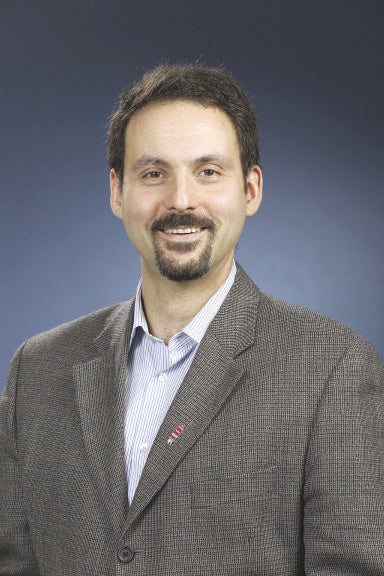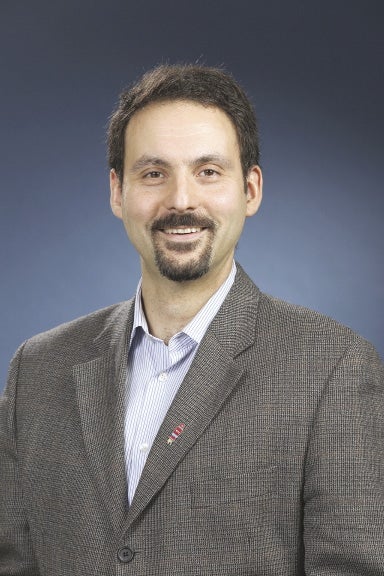Today, PhD students defy the stereotyping and have a much greater degree of flexibility not only in how they pursue their degree but how they use it.
Get Instant Access to This Article
Subscribe to Worcester Business Journal and get immediate access to all of our subscriber-only content and much more.
- Critical Central Massachusetts business news updated daily.
- Immediate access to all subscriber-only content on our website.
- Bi-weekly print or digital editions of our award-winning publication.
- Special bonus issues like the WBJ Book of Lists.
- Exclusive ticket prize draws for our in-person events.
Click here to purchase a paywall bypass link for this article.
For many people, a stereotypical PhD student is someone in their mid-20s, directly out of an undergraduate program, who wants to be a professor. They’re working full time in a university research laboratory to produce a dissertation and scholarly publications that present a new theoretical research finding.

Today, PhD students defy the stereotyping and have a much greater degree of flexibility not only in how they pursue their degree but how they use it. PhD education has evolved to consider diverse backgrounds, skillsets, and future career goals, reflecting a growing need within industry for the workforce to possess PhD-level qualifications, especially for individuals pursuing advanced industry research and development. National Science Foundation data show the percentage of U.S. engineering and science PhD graduates employed by the private sector (42%) nearly equals the percentage of PhD graduates entering an academic institution (43%).
Here are five ways PhD studies have changed to support an industry practitioner obtaining a PhD.
1. You don’t need to quit your job. It’s now possible to pursue a full-time career while earning your PhD degree either part time or full time. In programs like Worcester Polytechnic Institute’s Experiential PhD, the employee/PhD student, employer, and faculty advisor communicate to define expectations and time commitments.
2. You can pursue your PhD degree on a topic aligning closely with projects you are pursuing at work. A mutualistic collaboration creates a win-win-win scenario. Companies will always have technical challenges and seek innovative solutions to translate into new products and applications, while their employees are passionate about what they do for a living and can translate it into a PhD dissertation. Faculty advisors seek high-impact, real-world problems to work on, like the challenges industry often provides.
3. You can do your PhD dissertation research remotely, even at your workplace. Students do not necessarily need to be on campus to do graduate coursework or pursue dissertation research. Most universities offer their graduate curriculum online, often during evenings and sometimes in an asynchronous mode for student convenience. Additionally, many companies permit their employees pursuing PhD studies to use work resources for research if parameters are discussed in advance.
4. Ownership of intellectual property and publications is more flexible and open. With clear expectations and responsibilities agreed upon collaboratively, arrangements can be made in the early stages to guide all parties on how IP and peer-reviewed publications are handled when generated during PhD research.
5. You don’t need to take a decade to complete your PhD degree part-time. With sufficient planning and coordination, it is possible to complete a PhD degree in a timely manner while working full time on your day job. The key is to integrate what you do for work with the research you are pursuing for your PhD – not to burn the candle at both ends.
Several schools have successfully implemented their approach to supporting industry practitioners pursuing PhD degrees and their professional career objectives. At WPI, our Experiential PhD program provides a framework of support from the application stage to graduation.

